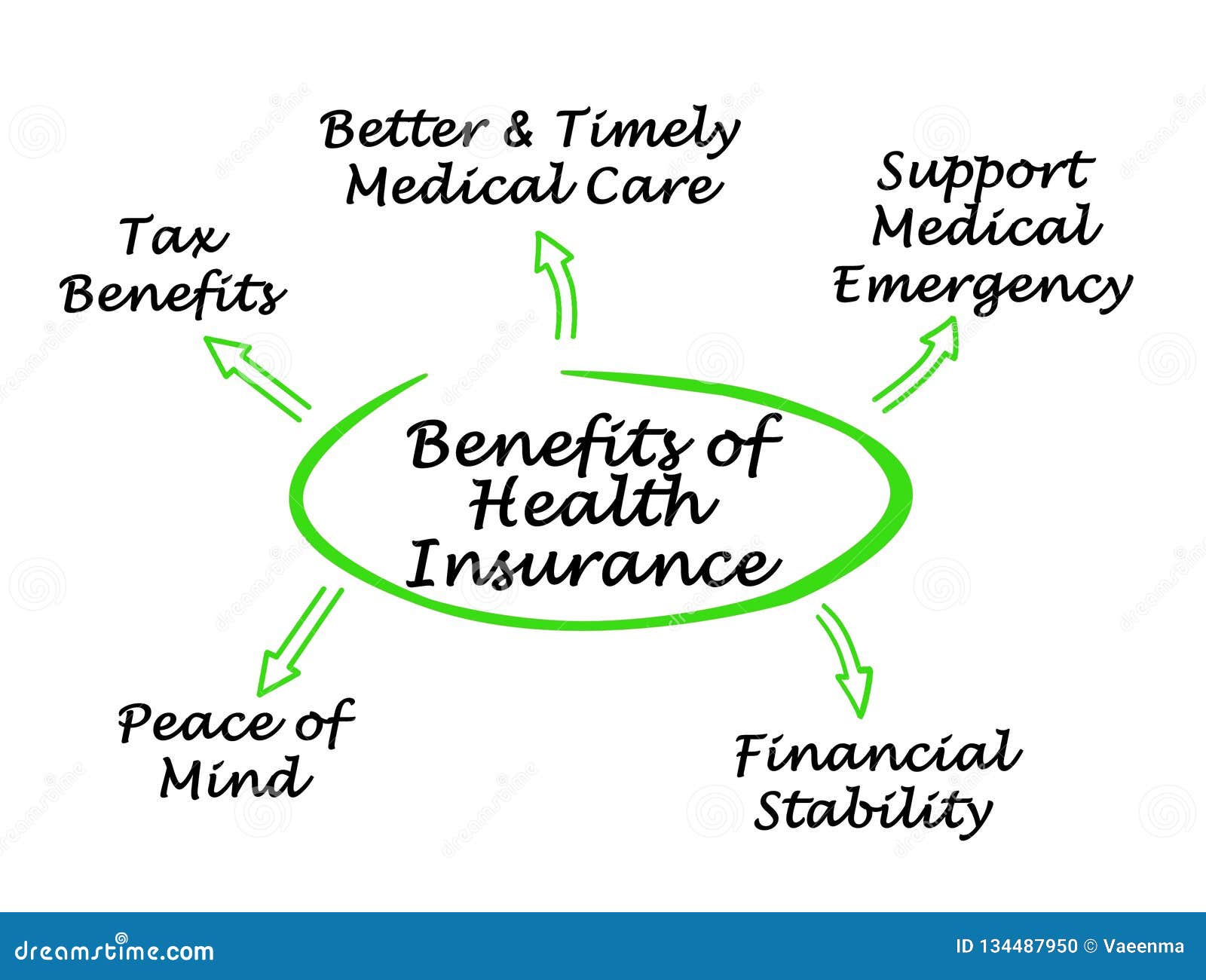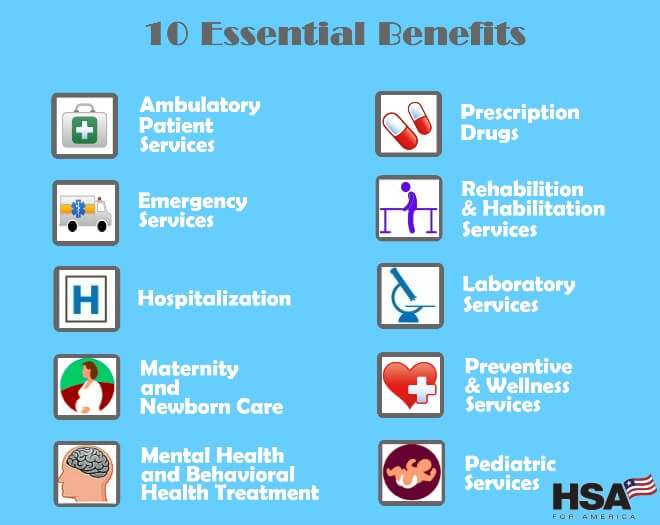More About Commercial Insurance In Toccoa, Ga
Table of ContentsThe Definitive Guide for Health Insurance In Toccoa, GaThe Best Strategy To Use For Commercial Insurance In Toccoa, GaSome Known Facts About Medicare/ Medicaid In Toccoa, Ga.Some Of Annuities In Toccoa, Ga

1 and 3. 2 (Medicare/ Medicaid in Toccoa, GA), for additional information. New immigrants represent a considerable proportion of people without medical insurance. One analysis has associated a substantial portion of the current development in the size of the united state uninsured populace to immigrants that arrived in the nation in between 1994 and 1998 (Camarota and Edwards, 2000)
Health and wellness insurance insurance coverage is an essential element in the majority of designs that illustrate accessibility to health treatment. The relationship in between wellness insurance coverage and access to care is well developed, as recorded later in this phase. The connection between wellness insurance policy and health end results is neither straight nor easy, a comprehensive professional and health and wellness solutions research literature links wellness insurance protection to enhanced accessibility to care, far better high quality, and boosted personal and population health and wellness standing.
Get This Report on Commercial Insurance In Toccoa, Ga
The problems encountered by the underinsured are in some respects comparable to those dealt with by the uninsured, although they are typically less severe. Health insurance policy, nonetheless, is neither necessary nor enough to get access to medical services. The independent and direct impact of health insurance policy coverage on access to health and wellness services is well established.
Others will certainly obtain the health and wellness treatment they need even without medical insurance, by spending for it expense or seeking it from providers that use treatment complimentary or at very subsidized rates - Insurance in Toccoa, GA. For still others, wellness insurance alone does not guarantee invoice of treatment as a result of various other nonfinancial obstacles, such as a lack of wellness care providers in their community, minimal accessibility to transport, illiteracy, or linguistic and social distinctions
The Greatest Guide To Automobile Insurance In Toccoa, Ga
Official study regarding without insurance populaces in the United States dates to the late 1920s and early 1930s when the Board on the Expense of Treatment produced a series of records about financing physician workplace check outs and additional info hospitalizations. This problem came to be salient as the varieties of clinically indigent climbed during the Great Depression.
Empirical researches continually support the link between access to care and improved health end results (Bindman et al., 1995; Starfield, 1995). Having a routine source of care can be taken into consideration a predictor of gain access to, as opposed to a direct step of it, when health outcomes are themselves utilized as accessibility indicators. Annuities in Toccoa, GA. This expansion of the notion of gain access to dimension was made by the IOM Committee on Keeping Track Of Access to Personal Healthcare Solutions (Millman, 1993, p
Nevertheless, the effect of parents' wellness and medical insurance on the wellness of their children has received focus only lately. Whether parents are insured shows up to affect whether or not their children get care in addition to just how much careeven if the children themselves have coverage (Hanson, 1998).
Life Insurance In Toccoa, Ga Can Be Fun For Everyone

Emergency divisions are represented as a pricey and unsuitable site of key care solutions, several without insurance clients look for treatment in emergency departments because they are sent out there by other health care companies or have no place else to go. Emergency situation care professionals suggest that the nation's emergency situation divisions not just work as suppliers of last resource however are a crucial entrance factor right into the wellness treatment system (O'Brien et al (https://www.gps-sport.net/users/jstinsurance1)., 1999)
Chapter 2 provides a review of just how employment-based health and wellness insurance coverage, public programs and specific insurance coverage operate and interact to supply extensive yet insufficient insurance coverage of the U.S. population. This consists of a testimonial of historic fads and public laws influencing both public and personal insurance coverage, a conversation of the communications amongst the different kinds of insurance policy, and an examination of why people move from one program to an additional or finish up without coverage.Chapter 3 synthesizes existing information to reach a composite summary of the uninsured: What qualities do people without coverage frequently share? Where do the uninsured real-time? The phase also provides details concerning the risk of being or ending up being uninsured: How does the opportunity of being without insurance change depending on picked features, such as racial and ethnic identification, country or city residency, and age? What are the probabilities for details populations, such as racial and ethnic minorities, rural citizens, and older working-age persons, of being without insurance? Exactly how does the possibility of being without insurance change over a lifetime? Along with defining the chance of being without insurance in terms of a solitary measurement, such as gender, age, race, job status, or geographical area, Chapter 3 likewise offers the results of multivariate evaluations that offer a more helpful representation of the elements that add to the opportunities of being uninsured.